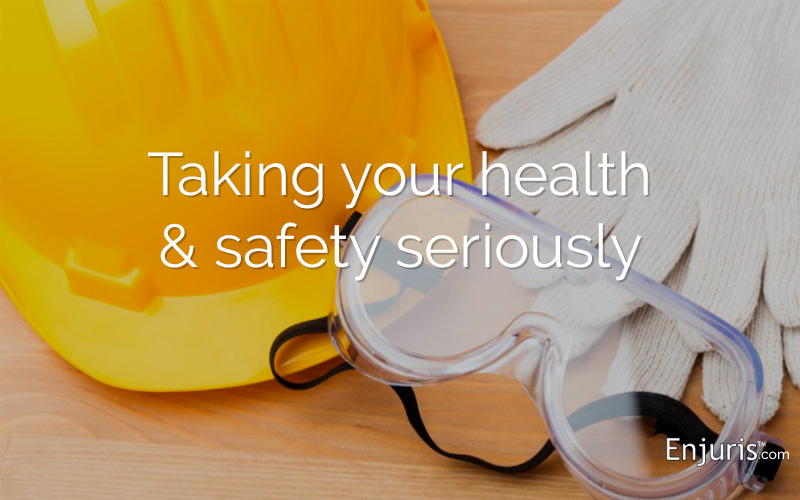
You may be a nurse, work on a construction site, in a restaurant kitchen, or drive a forklift in a warehouse. Everyone wants to feel safe at home and at work. You may be wondering: Am I safe? Is my employer making sure I am safe while I work?
If so, let’s talk about personal protective equipment, or PPE for short.
What is personal protective equipment (PPE)?
According to the Occupational Safety and Health Administration (OSHA), personal protective equipment (commonly known as PPE) is used or worn by workers to protect them from dangers in the workplace that may cause serious injury or illness such as “chemical, radiological, physical, electrical, mechanical or other workplace hazards.”
Now you might be asking: Is my employer required to provide me with personal protective equipment? The short answer is yes.
What is my employer required to provide?
The Occupational Safety and Health Act requires employers to provide employees with personal protective equipment if they are exposed to hazards in the workplace. There are a wide range of hazards in the workplace, from lifting heavy objects to exposure to viruses and bacteria. Your employer must provide you with personal protective equipment or clothing to keep you safe, and your employer must pay for it.
However, providing personal protective equipment isn’t the only thing employers are required to do to ensure worker safety. They must also receive proper training about:
- When you should use the PPE,
- What PPE you should use,
- How to properly put on, adjust, wear and take off your PPE,
- The limits of your PPE; and
- How to care for and dispose of your PPE.
Types of personal protective equipment
There are five main types of PPE: respiratory, eye protection, hearing protection, hand protection and foot protection. Depending on the nature of your work, you may need one, two or all five types of PPE.
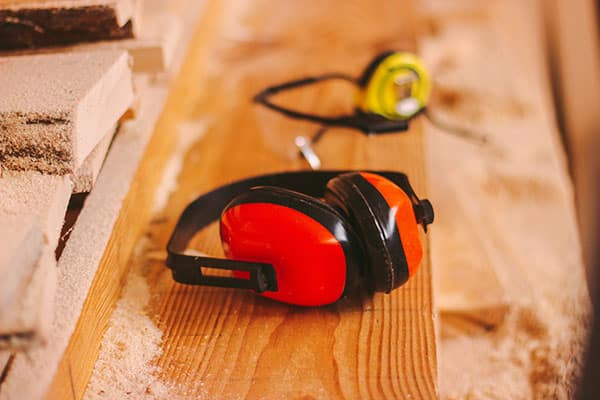
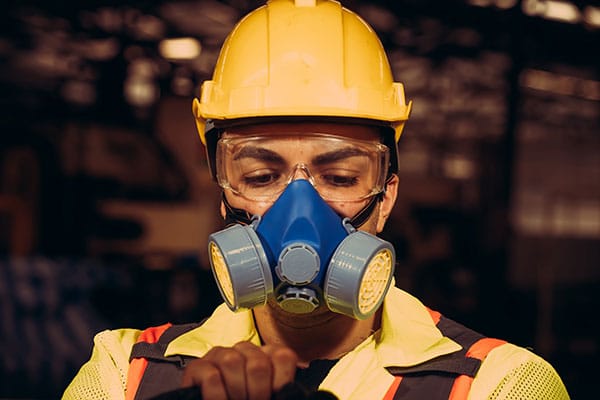
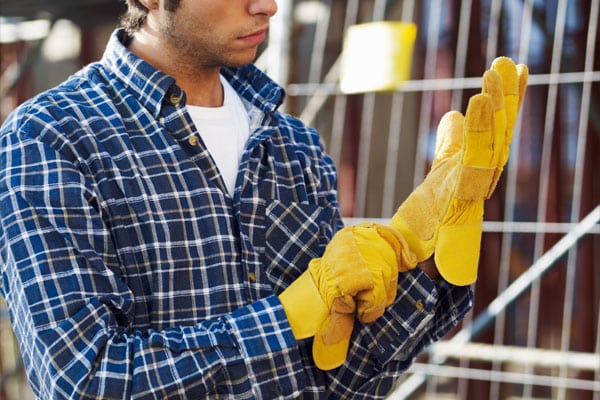
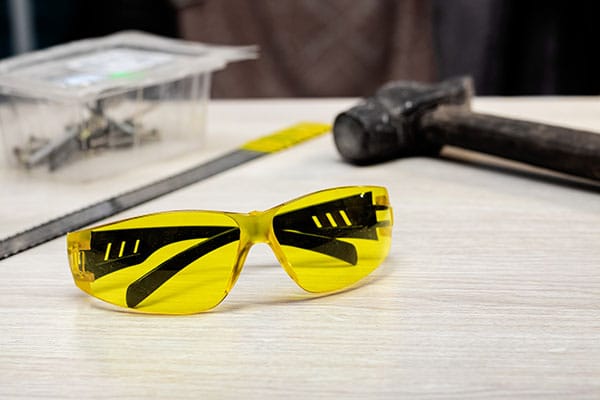
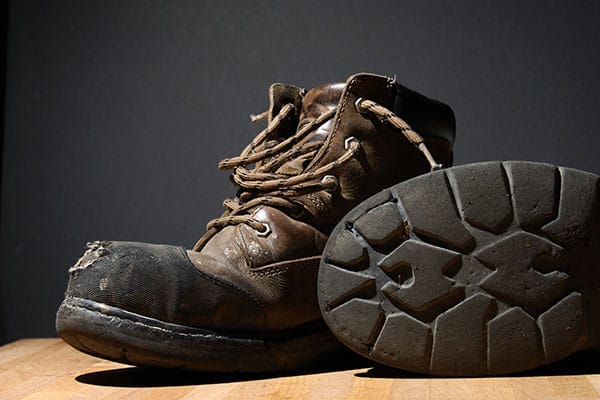
Some of the most common examples of PPEs include:
- Respirators (disposable, half-face or full-face)
- Spectacles, goggles, face shields and visors
- Ear muffs or ear plugs
- Gloves
- Steel toed shoes or boots
- Helmets or hard hats
- Harnesses and fall arrest devices
- Hats, sunscreen and long-sleeved shirts
“I work in healthcare. What PPE do I need?”
Your PPE needs may be different if you work in a clinic, doctor’s office or hospital. Proper PPE protocols in areas where people receive healthcare helps limit the transfer of germs, viruses and body fluids. The Food and Drug Administration (FDA) oversees the regulation and use of PPE in the healthcare setting.
PPE must be used any time there’s a chance a patient or healthcare provider is exposed to blood or other bodily fluids. Remember that your employer should instruct you when to use PPE, what type of PPE to use and how to properly use the safety equipment.
To keep yourself protected you may need to use a mask, face shield, goggles, gown, apron, hat, gloves or shoe covers. Of course, frequent handwashing and use of hand sanitizer is a must! Last but not least, your PPE should be placed in a laundry container or a marked waste container if you’re getting rid of needles or syringes.
Your right to workplace safety under OSHA
Your health and safety are most important while on the job. According to OSHA, your workplace should not put you at risk of serious harm. If you’re exposed to hazards at work, then you should receive training about the dangers and instructed on ways to prevent being injured.
You can file a complaint with OSHA if you feel your workplace is unsafe or that OSHA’s rules are not being followed at your workplace. No need to worry that your employer will find out if you file a complaint because it is completely anonymous. Visit www.osha.gov or call 1-800-321-OSHA (6742) for more information.
Now you know all about when you may need personal protective equipment and what your employer must provide you to keep you safe at work. Make sure that you stay protected and safe!

Mehrunissa says
Thank you for sharing such great information.
It has help me in finding out more detail about healthcare personal protection
Ian Pisarcik says
Glad we could help!
Kimbeth says
Found this content very useful. I like the way you created an infographic explaining each n every point of safety.
Ian Pisarcik says
Thanks for the comment! I’m glad you found the article helpful.
Nicholas Gill says
With the ongoing Coronavirus pandemic, and the staggered re-opening of the nation, many companies are finding all of the different PPE options available to them confusing. The single, most effective piece of PPE is a face mask A facemask covers your mouth and nose and is designed to help to stop transmission of viruses via common ingestion methods such as drops, sprays, splatters and splashes.
Melissa Gold says
Hello, Nicholas. Thank you for sharing your comments! Yes, with respect to COVID-19, specifically, the face mask has been shown to be effective for everyone’s safety and we should all wear one when we’re around people outside our own household. Stay safe, and thank you again for sharing!
James Fisher says
Personal Protective Equipment helps prevent staff emergencies on the job due to inhalation, absorption, irritants, or other prolonged contact with a cleaning chemical. This actively reduces accidents, improves the health of your employees, and makes for a safer, secure work environment.
Ian Pisarcik says
Thanks for the comment, James!
barathi says
Truly I love this blog.
Ian Pisarcik says
Thanks for the comment!
Realfind Trading says
Great Post!! i have read your blog, its very informative. I am so impressed to read this blog. thanks for sharing.
Melissa Gold says
Thank you for taking the time to comment!